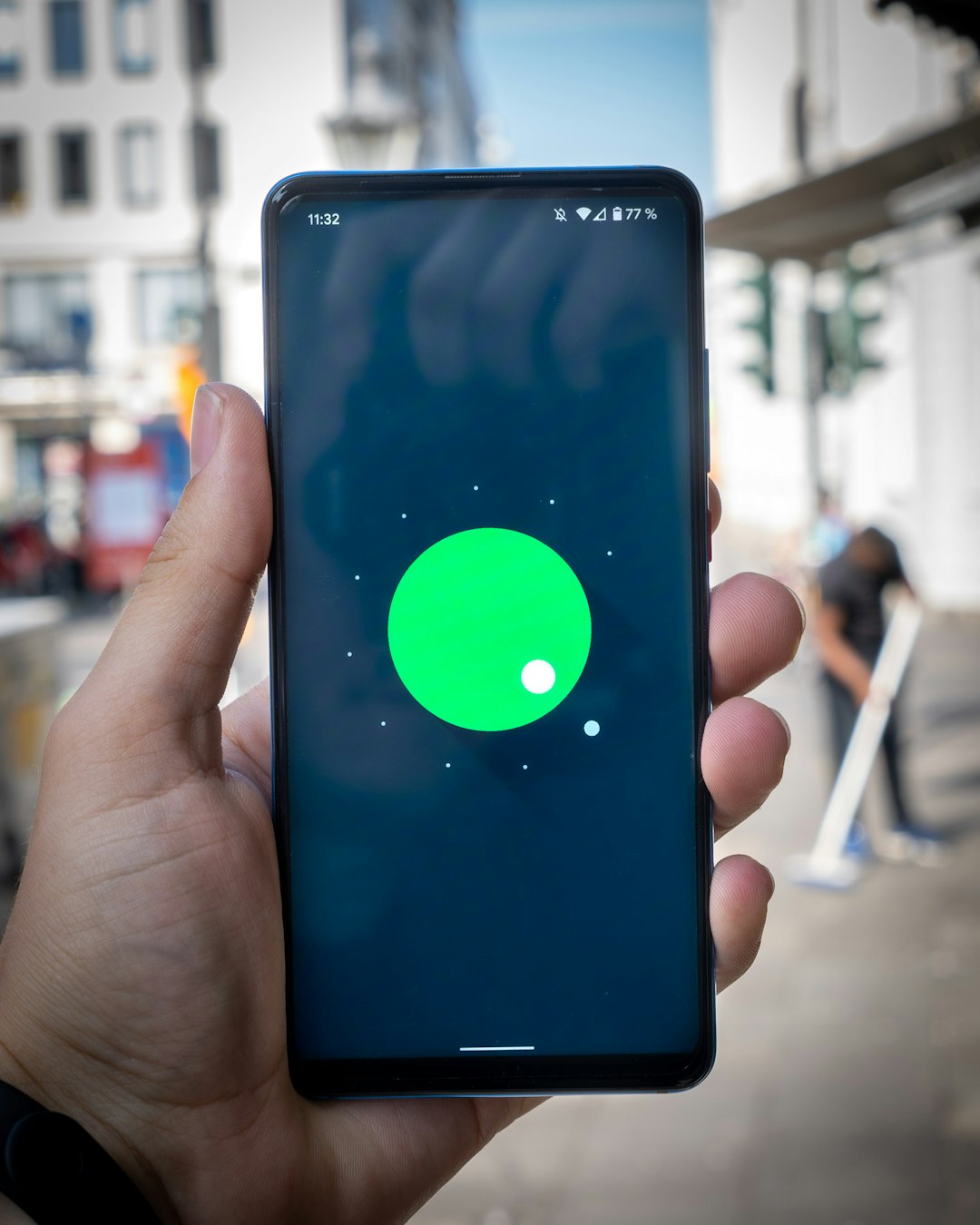Drivers watching videos while behind the wheel in West Virginia engage in a high-risk behavior, increasing accident chances despite laws prohibiting texting and mobile device use. A brief glance at a video can cause significant vehicle movement without driver input, posing risks in complex conditions or unexpected events. Adhering to Do Not Text Laws is crucial for road safety, with strict enforcement and potential penalties. A lawyer specializing in these laws offers guidance and promotes responsible driving. Alternative solutions like audiobooks, podcasts, or Bluetooth connectivity, along with advanced driver-assistance systems (ADAS), can help mitigate risks associated with driver distraction.
Drivers cannot watch videos while operating vehicles due to significant safety risks. This article delves into the dangers of distracted driving and explores the legal perspective, specifically focusing on West Virginia’s “Do Not Text” laws. We discuss why drivers must stay focused on the road and examine alternative solutions for in-vehicle entertainment. If you require legal advice regarding West Virginia’s Do Not Text Laws, consulting a lawyer specialized in this area is crucial.
Understanding the Risks: Why Drivers Need to Stay Focused on the Road

Drivers who watch videos while operating their vehicles engage in a dangerous behavior that significantly increases the risk of accidents. In West Virginia, as in many states, there are strict laws prohibiting drivers from texting or using mobile devices behind the wheel. These regulations exist for good reason—they aim to keep roads safe by minimizing distractions. Watching videos demands visual and cognitive attention, dividing a driver’s focus from what matters most: navigating the vehicle and ensuring the safety of passengers and other road users.
A momentary glance at a video can last just a few seconds, but it’s enough time for a car to travel hundreds of feet with no input from the driver. This is particularly dangerous in complex driving conditions or when unexpected events occur on the road. A lawyer specializing in Do Not Text Laws West Virginia can attest that the consequences of distracted driving can be severe, often leading to personal injuries, property damage, and even fatalities. Staying focused on the road is not just a responsibility; it’s a crucial step toward preventing accidents and ensuring everyone’s safety.
The Legal Perspective: Do Not Text Laws in West Virginia and Their Impact

In West Virginia, the Do Not Text While Driving laws are strictly enforced to ensure road safety. These laws prohibit drivers from using mobile devices for texting or browsing while operating a vehicle. The penalties for violating these regulations can be severe, including fines and potential license suspension. A lawyer specializing in Do Not Text Laws West Virginia can provide guidance on these rules and help those faced with charges navigate the legal system.
The impact of these laws has been significant, leading to a reduction in accidents caused by distracted driving. By deterring drivers from engaging in activities that take their attention off the road, such as texting, West Virginia’s Do Not Text initiative aims to foster a culture of responsible driving. This proactive approach not only protects the well-being of drivers but also ensures the safety of passengers and other road users.
Promoting Safety: Alternative Solutions for In-Vehicle Entertainment

Promoting Safety: Alternative Solutions for In-Vehicle Entertainment
In an effort to enhance road safety, it’s crucial to explore alternative forms of in-vehicle entertainment that don’t involve screen time while driving. Engaging in activities that divert attention from the road can have severe consequences, as evidenced by statistics showing a direct correlation between distracted driving and accidents. A lawyer for Do Not Text Laws West Virginia can attest to the importance of these regulations, aiming to protect citizens from the dangers of texting and driving.
Instead of watching videos, drivers can opt for audiobooks, podcasts, or music streaming services, which offer engaging content without the need for visual focus. Many modern vehicles are equipped with hands-free Bluetooth connectivity, making it convenient to access these entertainment options while keeping both eyes on the road. Additionally, car manufacturers are increasingly integrating advanced driver-assistance systems (ADAS) that can provide real-time alerts and support, further mitigating risks associated with driver distraction.






